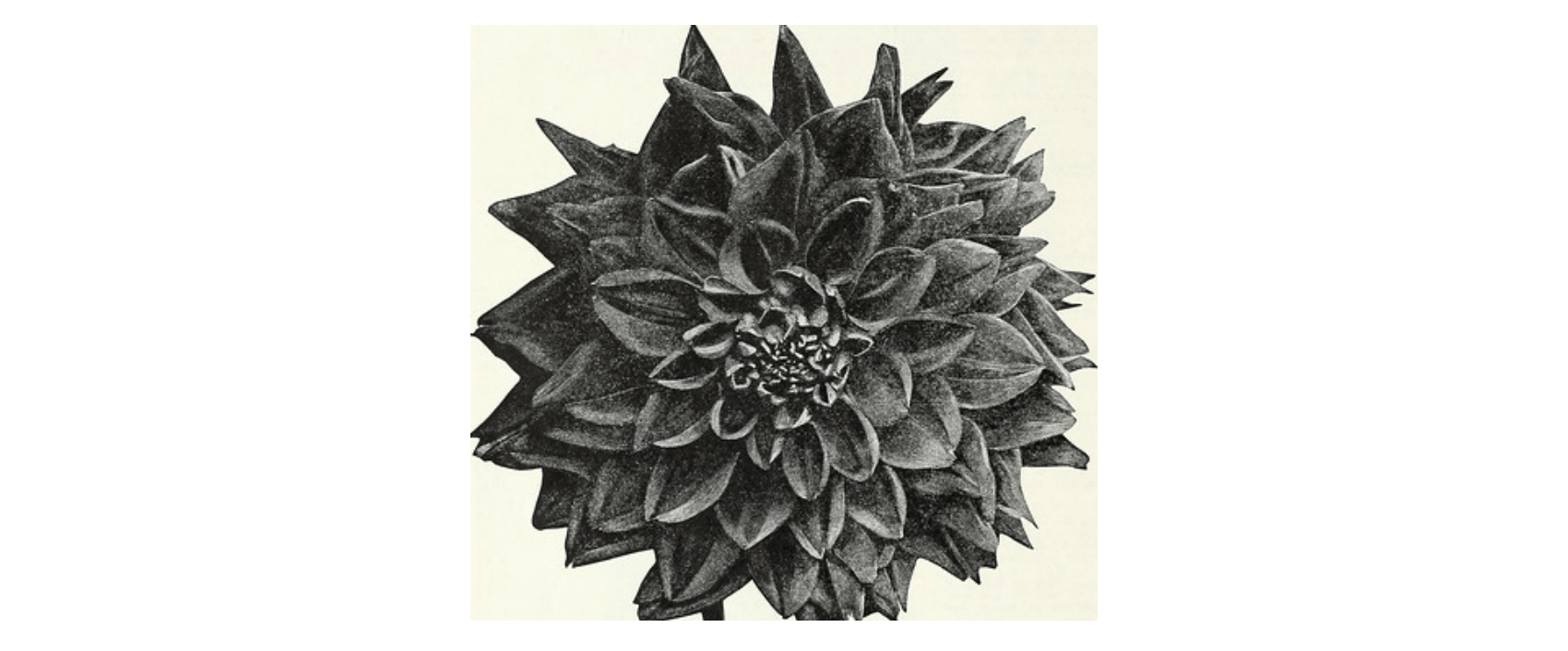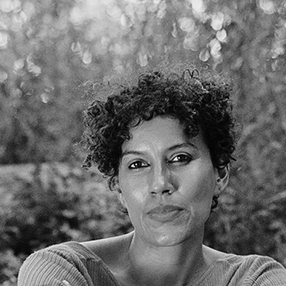[to keep knowing]
to keep knowing the practices the endeavors that make more possible our lives more possible to continue with a name but kept trying toward other zones to carry the baby to the flowers such lavender repetitiously lighting after the storm all arrows sturdy with structure the roses have all been carry her for them to meet each other to make the word begin with the sound again in mind a memory you feed and hold to sleep and not let go Of a sound that feels chit chit i was making a small amulet of ancestral courage rereading bhanu kapil [t]he zone of impossible life. And how, in that zone, the poet might: stop time. And perform. Or install. Something. my people kept making me to put me inside Of a clearing they gave their witness for us to move in this where with her hands fallen down onto that drum he is a series of patterns and improvisations which i will miss will always cry for that one kept the time her pencil was sharp discipline and order her face so face so simultaneous a cloud a gate on which she cleaned her hands she tied her hard scuffed shoes a paper bag of flour on the kitchen counter yellow coffee can a water into the soil while somewhere deep to her the music is sounding make some way to it to listen with some life they assembled some power knowing a long time the condition audre lorde writes Of course, women so empowered are dangerous here to the state by it made sick are also alive with making way could be more so mom you are one sometimes fitting in flashes so that i would a few times close my eyes around the quiet i will make you too i say let the water fall over our heads now let me grow you something at the edge of all this violet light




notes
“[t]he zone of impossible life. And how, in that zone, the poet might: stop time. And perform. Or install. Something” is from “A Conversation with Bhanu Kapil” on the poet’s novel, with Laynie Browne. Jacket2, April 26, 2013.
“Of course, women so empowered are dangerous [. . .]” is from Audre Lorde’s “Uses of the Erotic.”
The image of the dahlia is from Currie’s Garden Annual, 1936. Creative Commons.
The photograph of children playing music was made at Griffin Middle School, Tallahassee, Florida. Creative Commons.
Detail of woman’s feet and flowers is from the Library of Congress Prints and Photos Division archive. The photograph was made by Gordon Parks in August of 1942. Caption reads: “Washington, D.C. Reverend Vondell Gassaway, pastor of the St. Martin’s Spiritual Church, giving the final blessing and a flower to a member of his congregation during the annual ‘flower bowl demonstration.’” According to another caption in the series, the pastor stands “in a bowl of sacred water banked with roses, each one of which he blesses and gives to a member who has been preciously anointed and prayed for by a long line of disciples during the annual ‘flower bowl demonstration.’”
Detail of woman holding vessel is from the Library of Congress Prints and Photos Division archive. Made by Jack Delano, 1942. Caption reads: “Arecibo, Puerto Rico (vicinity). Farm woman preparing bottles of coffee to be taken to her husband and children working in the fields.”
Copyright © 2023 by Aracelis Girmay. Originally published in Poem-a-Day on October 6, 2023, by the Academy of American Poets.
“For so long, I’ve been trying to think alongside the traces and sensibilities of my foremothers. Here I began by observing domestic materials at hand, in photographs, and in memory. Gestures, sounds found in family and public archives. I tried to write my observations into language. The more I paid attention, the more these notes became a field of unabiding syntactical energies. Energies which renew my spirit, which surprise, lose, and teach me. This is one particularly restive part of a longer, formally varied work. I was making an amulet of ancestral courage. I am trying to sew this amulet into my mother’s hem for when she needs and needed it.”
—Aracelis Girmay

